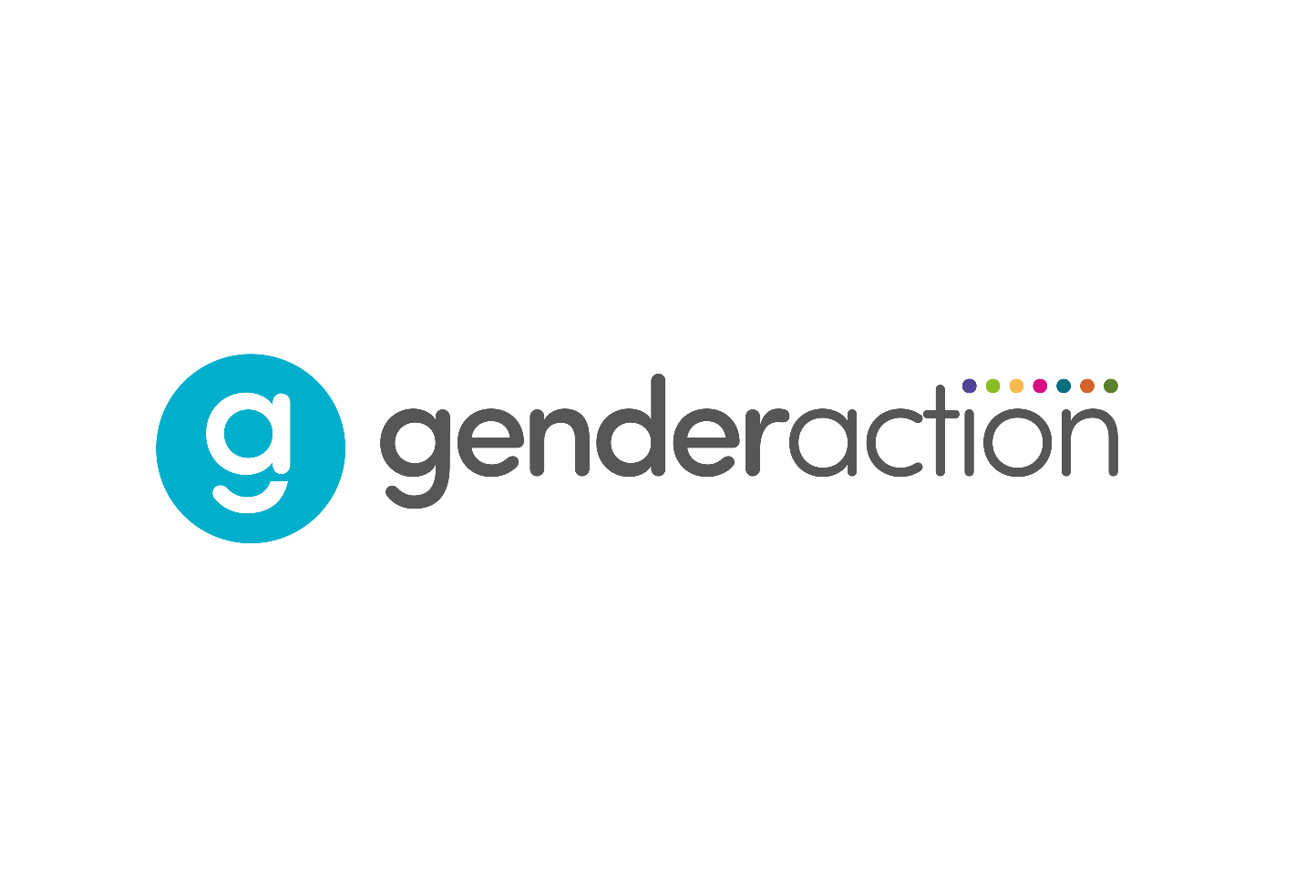UEFA Women’s EURO 2021 and the potential of the Women’s Game
Gareth Smith, Engagement Manager for Major Sports Events, works for London Sport and manages the Mayor of London’s “Major Events Engagement Fund”. The purpose of this fund is to develop community programmes that bring Londoners together and increase opportunities for people to engage with sport and their community.
Sport has a unique ability to improve the lives and living conditions of local communities and the power to address a wide range of social challenges. Helping to provide those genuine and meaningful opportunities for communities to engage with sport and physical activity, as well as positively impact upon the lives of residents, is something that all major sports events should strive towards. With England due to host the upcoming 2021 UEFA Women's Championship, it is hoped that the benefits that sport and physical activity bring, can and will be amplified. This is especially important for women and girls who have been underrepresented in football, the world game, for too long.
When the 2019 Women’s Super League (WSL) season kicked off in September, an impressive third of adults considered themselves interested in the women’s game, while 69% of those believed women’s football deserves the same profile as the men’s game and 28% of people who followed the World Cup are becoming fans of women’s football* . Strong sentiment for a sport in which the men’s game has traditionally dominated, and there are now plenty of promising signs that disparity is closing between the genders. It was announced that the 2019 FIFA Women’s World Cup hit viewing figures of 1.12 billion, and in November the Lionesses’ friendly against Germany resulted in a sold-out Wembley Stadium. Further evidence that the women’s game can stand on its own two feet without reliance on the men’s game.
Despite articles on women’s football still subject to “no one cares” comments; the figures and trends suggest that clearly people do. In some ways the women’s game is further ahead than their male counterparts. Whilst the UK has progressed in terms of acceptance and inclusion of the LGBT+ community, men’s professional football remains at odds. , with not one single player who is openly gay or bisexual. Compare this with the Lionesses’ team where at least five players are LGBTQ+, far higher than the approximate 2% of the population who identified as lesbian, gay or bisexual according to the Office for National Statistics in 2017. Joe White, a co-founder of Three Lions Pride, an LGBT+ England supporters’ group, stated that: "In the women's game, there's more diversity in the fans, less 'laddish banter'. "It's more welcoming, more diverse and open, and this atmosphere is reflected on the pitch as well.”Conversely, "in the men's game there's more racism, sexism and homophobia", he adds.
In comparison to the men’s game which often sees players in the headlines for the wrong reasons, the women’s game is blessed with no shortage of inspirational role models. Take Paris Saint Germain striker Nadia Nadim who was born in Afghanistan. In 2000, during the war there, Nadia fled the country with her mother and sisters after her father was killed by the Taliban. Nadia started playing football in a refugee camp in Denmark, where, unlike in Afghanistan, it was acceptable for women to play. She began to train at a nearby club and with formal coaching, flourished and broke into the professional game. Nadia has since played professionally for numerous teams including Manchester City. Nadia became a Danish citizen in 2008 and was the first refugee to play for the Danish national team the following year. She has also studied medicine with the aim of working in reconstructive surgery when her football career ends. And it doesn’t end there: Nadia speaks nine languages.
“I want to be someone that makes a difference for others” - Nadia Nadim
With inspiring role models, a product that is open and accessible for all, coupled with growing interest in the game and greater commerciality - the 2021 UEFA Women's Championship can have a massive impact on women and girls across the country. Be that through traditional investment into grassroots sport to get more females physically active, or social investment to support communities and address societal challenges. The tournament has the power to improve people’s lives and this should be something that it strives to achieve.
Want to learn more about diversity and role models in the beautiful game? Check out the No Barriers programme.
No Barriers at Home is an adaptation of the No Barriers 2020 project, which was due to run alongside the UEFA EURO 2020 Tournament this year. The 2020 Tournament was due to take place in 12 cities around the world, bringing countries together through sport and will now be held in 2021. The No Barriers project celebrates an inspirational champion from each of the 12 tournament host cities, who have overcome barriers in their life to achieve success on and off the pitch. No Barriers at Home continues this celebration of Champions and diverse cultures, encouraging young people to learn about different places around the globe, whilst simultaneously raising awareness of important social issues.
